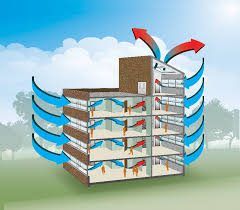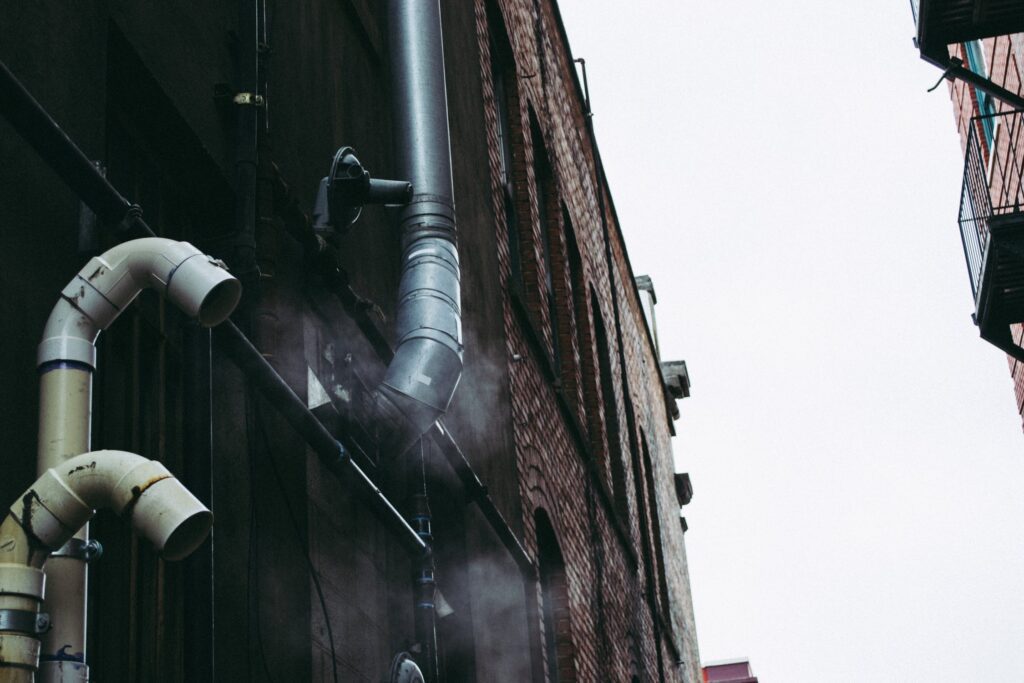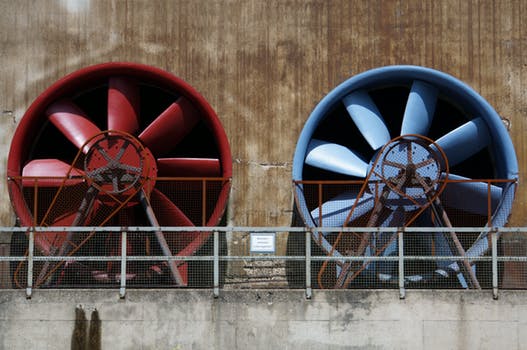VRF Technology: The Basics
Variable refrigerant flow (VRF) systems have been becoming increasingly popular over the years. With their many advantages, more offices and accommodation business have been replacing their standard heating and cooling air conditioning units with a VRF system. Although they have a higher up-front cost than many standard units, facility managers and building owners have been making the investment due to the ROI on this recent technology.
What exactly is a VRF HVAC system?
Generally speaking, VRF HVAC systems function just like traditional central air units. They continue to be refrigerant based with indoor fan coil units and outdoor condensers. A VRF HVAC system consists of an air or water source outdoor unit and several smaller air handling units rather than a traditional system of just one. Variable refrigerant flow (VRF), also known as variable refrigerant volume (VRV), is an HVAC technology invented by Daikin Industries, Ltd. in 1982.[1] Like ductless minisplits, VRFs use refrigerant as the cooling and heating medium. This refrigerant is conditioned by a single outdoor condensing unit, and is circulated within the building to multiple indoor units.
Is a VRF HVAC system something you should consider?
If you own an apartment complex, an office building, or a building where inside business operations require custom heating and cooling, you will greatly benefit from a VRF system. Here are some advantages:
- Noise
- Unlike a traditional split system, a VRF is much quieter. This is perfect for a hotel or apartment complex where people wouldn’t want to hear systems running.
- Consistency in comfort
- Because a VRF unit can detect accurate requirements for each air handler, each area of a building receives the appropriate heating/cooling without any inconsistency.
- Reduced downtime
- VRF HVAC systems only run when they are needed, so this leads to less wear on parts, which in turn leads to few breakdowns, which results in less repairs.
- Controlling
- Each indoor unit is controlled by its own panel. Also, built in controls can save you from buying building management software.
- Simultaneous heating and cooling
- Probably the best advantage of a VRF HVAC system is the ability to control temperatures in different areas. Offices with windows can be kept cooler, while other areas can be heated at the same time.
- Efficiency
- Because they are so accurate in their amount of cooling needed, VRF systems run at a lower capacity. Also, the system is designed to capture heat and then distribute it to where it is needed.
Variable refrigerant flow HVAC units are great cost-effective units that have several advantages. If you decide a VRF system is the best option for you, be sure to get in touch with a trusted commercial HVAC contractor. They will be able to lead in the right direction on what’s best for you and your building.










